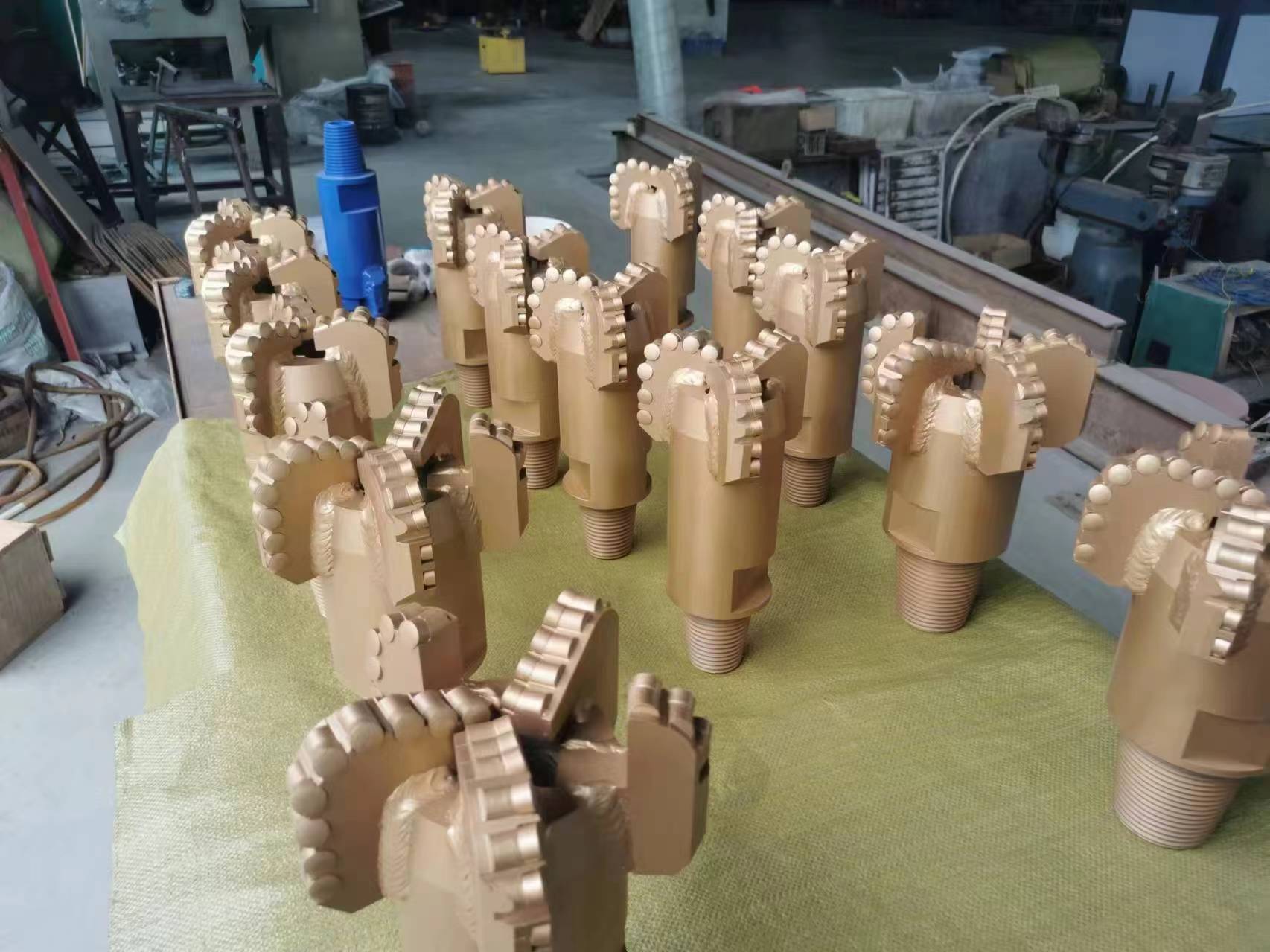The hardest rock layers in the earth typically include diamond-bearing rocks or very hard igneous rocks such as basalt and granite. Handling these rocks requires specialized techniques and equipment. Here are some methods and tools:
Drilling Methods:
- Percussion Drilling:
- Suitable for extremely hard rocks.
- Utilizes high-frequency impacts and rotation to break the rock.
- Rotary Drilling:
- Commonly used in oil and gas exploration.
- Cuts the rock by rotating the drill bit, which has cutting edges at the front.
- Combined Drilling:
- Combines both rotary and percussion methods.
- Increases drilling efficiency, especially for very hard rocks.
Types of Drill Bits:
Diamond Bit:
- The most commonly used and effective drill bit.
- Suitable for extremely hard rocks such as granite and basalt.
- Embedded with synthetic diamonds that provide efficient cutting power.
PDC Bit (Polycrystalline Diamond Compact Bit):
- Made of polycrystalline diamond composite materials.
- Highly wear-resistant and heat-resistant, ideal for hard rock formations.
Carbide Bit:
- Suitable for medium-hard rocks.
- Made of carbide material, which offers high wear resistance and hardness.
When using these methods and tools, consider the following points:
Drilling Speed and Pressure:
- Drilling speed and pressure should be moderate to avoid excessive speed or slowness.
- Excessive pressure may damage the drill bit, while insufficient pressure can reduce efficiency.
Cooling and Lubrication:
- Use cooling fluids (such as water or mud) to cool the drill bit and prevent overheating.
- Lubrication helps reduce friction and extend the life of the drill bit.
Monitoring and Maintenance:
- Regularly check the wear condition of the drill bit and replace damaged bits promptly.
- Use professional equipment to monitor various parameters during the drilling process to ensure smooth operation.
These methods and tools effectively handle the hardest rocks, ensuring efficient drilling operations.


 news-CBT Rock PDC Bit Manufacturer
news-CBT Rock PDC Bit Manufacturer